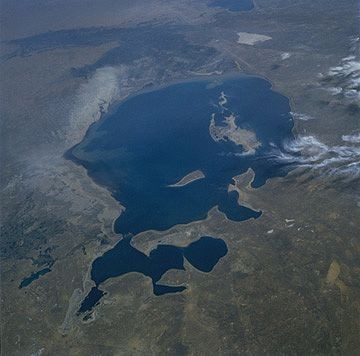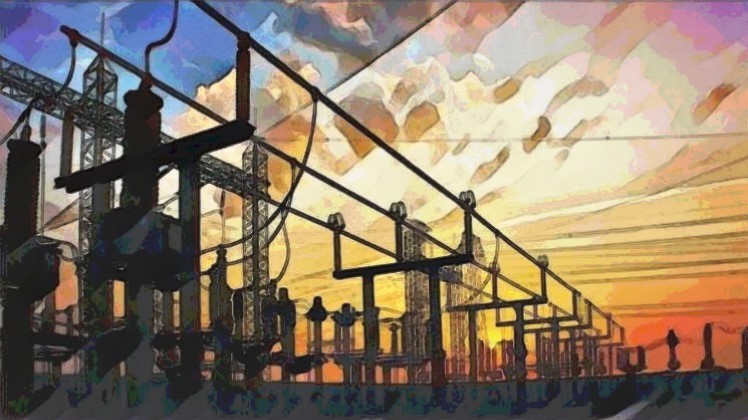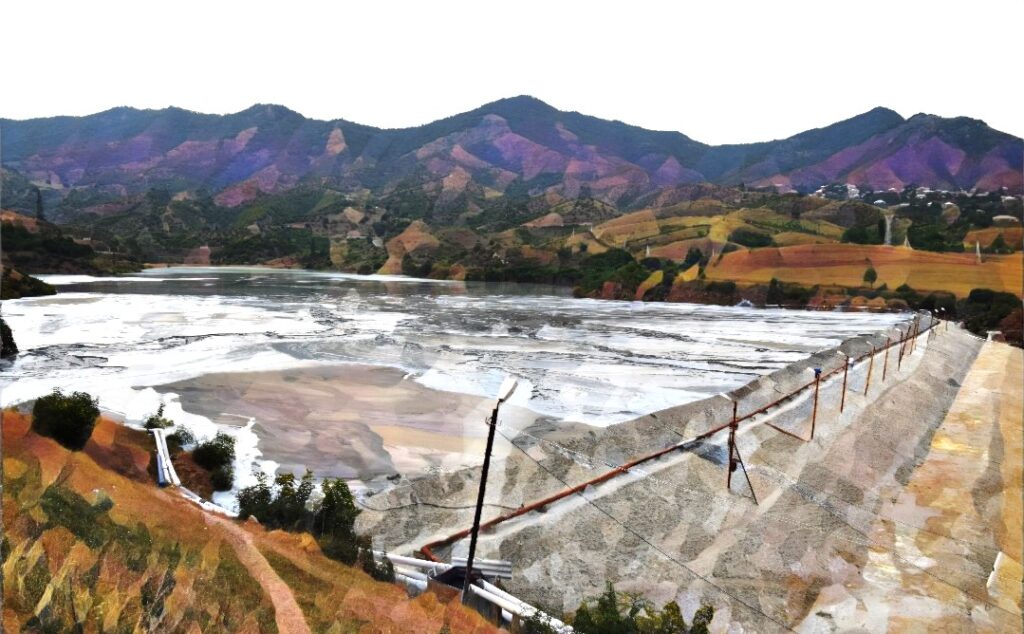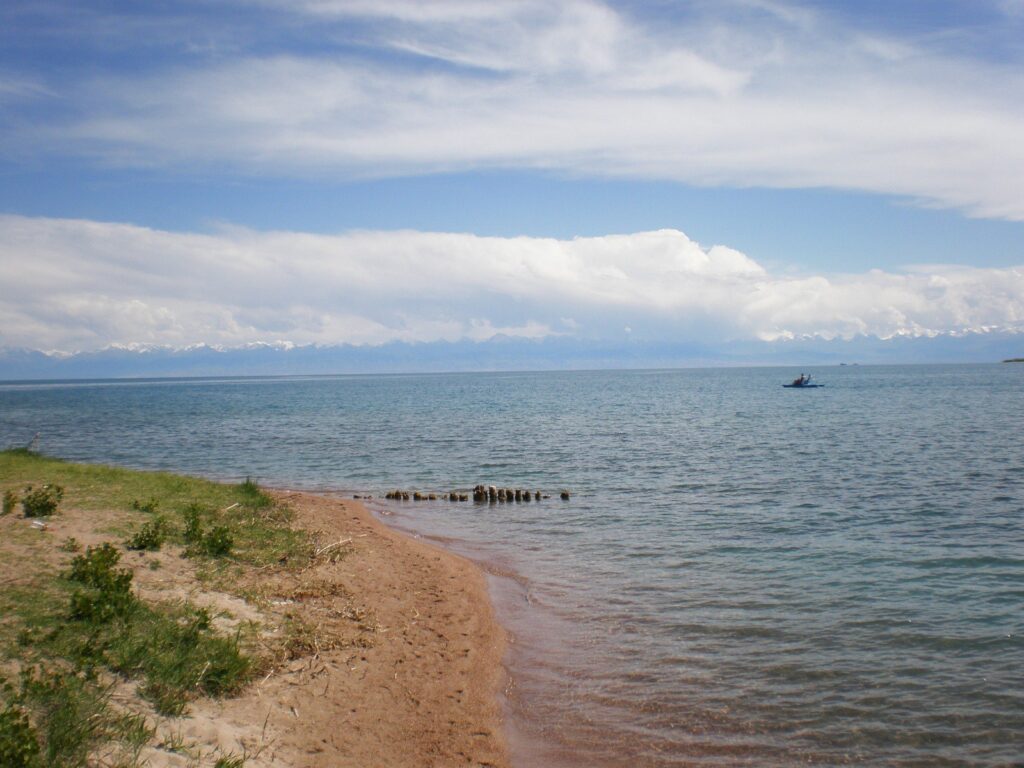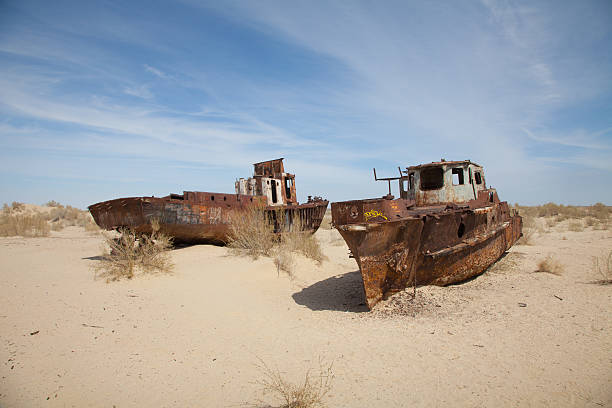ASTANA (TCA) — Representatives of the Government and international community gathered in Kazakhstan’s capital Astana on February 19 to raise awareness of the challenges faced by the people of the Aral region and to look for ways of solving them together. The meeting was convened by the administration of Kazakhstan’s Kyzylorda region and was supported by the United Nations Development Programme (UNDP).
Once known as the world’s fourth largest lake, the Aral Sea had shrunk to 10% of its original size by 2007. The drying up of the sea has led to numerous challenges that persist today, with a vast landmass of what used to be sea having turned into a desert. Such massive environmental changes have had a serious impact on the lives of local people. Experts believe that the ecological disaster has displaced around 100,000 people and affected the health of over 5 million people throughout the region.
The United Nations Development Programme has conducted a series of research into the most pressing challenges of the Aral Sea. This research has shown that the local people are in need of better quality social and economic services to improve their living conditions.
Last summer, the UN Secretary-General Antonio Guterres visited the Aral Sea region. He called the disappearance of the sea “probably the biggest ecological catastrophe of our time”, that clearly shows how “men can destroy the planet.” Guterres called on everyone to mobilize the whole international community to implement the Paris Agreement — Governments, businesses, civil society, cities, states — to work on preventing such tragedies from happening again.
Over the last two decades, different organizations have contributed to support the region, including through the initiative funded by the Government of Kazakhstan and the World Bank.
“It is undeniable that the complete reversal of the negative impacts and the return to the initial state before the Aral Sea crisis is not in our range,” said UN Resident Coordinator and UNDP Resident Representative in Kazakhstan Norimasa Shimomura. “However, we can reduce the destructive impact of the crisis on the environment and the livelihoods of millions of people living in the region and beyond by maximizing social and economic opportunities to local people. The job to do now is help people living in the region have access to decent jobs, higher standard of social services, and to assist them with putting their lives back together again,” said Norimasa Shimomura.
“Aside from the ecological issues, the drying of the Aral Sea brought a number of complex socio-economic problems. Despite the hard economic situation in the country in the first years of independence, and the crisis years afterwards, the Head of State Nursultan Nazarbayev always paid great attention to the issues of the Aral region. Measures have been taken to level out the impact of the drying sea on the situation in the region, to solve problems and to develop the territory of the Kazakhstan’s side of the Aral Sea. The most vivid project aimed at saving the Aral Sea, the Project of the Century, as the people call it, was called “Regulation of the Syr Darya river bed and preservation of the Northern part of the Aral Sea”, initiated by the First President of the Republic of Kazakhstan Nursultan Nazarbayev and implemented with the support of the World Bank,” said the Governor of Kyzylorda oblast Krymbek Kusherbayev.
“Kazakhstan has made certain progress in combatting the negative consequences of the desiccation of the Aral Sea,” said UN Resident Coordinator and UNDP Resident Representative Norimasa Shimomura.
Based on its research, UNDP together with the Kazakh Government would like to promote an internationally coordinated response to build a dynamic and inclusive regional economy, improve access to social services and to successfully transition to a sustainable environment.
